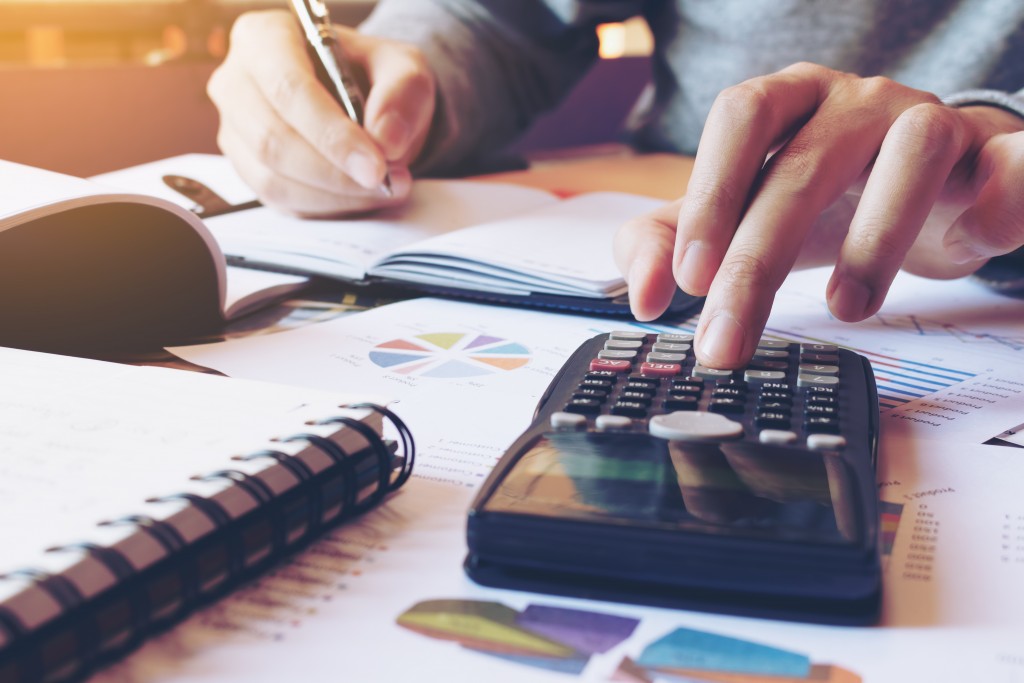Figuring out your financial net worth will give you an accurate measurement of your financial health. Here’s how you can calculate how much you’re truly worth and how to increase that value.
What is financial net worth and why is it important?
Your financial net worth is the sum of all your non-financial and financial assets that you own, minus your outstanding liabilities. It’s basically an accurate measure of your wealth. Your assets don’t just come in the form of savings, income, and investments, it also includes the property you own, cars, or anything else of value.
It’s important to figure out your financial net worth in order to track your financial progress and figure out the best strategy for meeting your financial goals. If you see that your net worth is growing, you’ll know that you’re on the right track. Otherwise, if your net worth is declining, then you have some work to do.
Finding out your net worth also allows you to put your debt level in perspective. If your debt is offset by an asset, then you’re not in much danger. However, if the opposite is true, you might need to realign your financial plans to see how you can address your debt first.
How to calculate your net worth
Calculating your net worth simply involves adding up your assets, adding up your liabilities, then subtracting the sum of your liabilities from the sum of your assets. Here are examples of assets you can count:
- Real estate: This includes the market value of your primary place of residence plus any other property you may own, either for pleasure or for investment. You’ll get the best value out of your real estate assets if you invest in either a house and land in prime locations like Brisbane, the Gold Coast, Melbourne West, or Cairns.
- Business assets: If you own a business, you can include the net worth of your business or any business assets that you own. Take note, though, that business assets and equity may not always be convertible into cash. There’s a difference between the market value and the accounting value of a business and its assets.
- Retirement Investments: This includes employer-sponsored retirement plans like your 401(k) and 403b plans, traditional or Roth IRAs, or solo 401(k)s.
- Personal assets: These are your furniture, cars, jewelry, and other personal effects. Try to be conservative when you include the values of these things since some of them might not have a very high resale value or perhaps you might not have an intention to sell them.
- Liquid assets: This includes the cash you have in the bank or on hand, treasury bills, certificates of deposit, money market funds, and other cash equivalents.
The rest of your assets include non-retirement investments, life insurance policies, and any loans you have made to your loved ones or business associates which you believe you could collect. Your liabilities include mortgages, student loans, installment loans, credit card debt, business loans, personal loans, among many others.
How to increase your net worth

Once you calculate your net worth, you can use it as a baseline from which you can try to improve your financial situation. To improve your net worth, you’ll need to increase your assets and/or decrease your debts. You can do this in any way you choose, such as paying down your debts, building up your assets, and more.
If it seems like your net worth is not where you want it to be, try to remember that where your net worth is going is more valuable than where it is at the moment.

